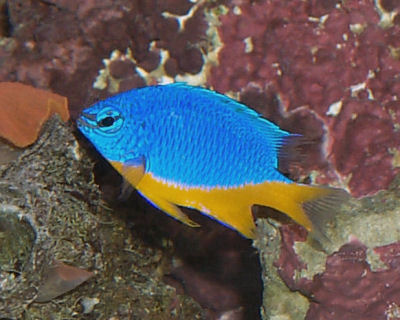"'Why do you do this to me?' asks a student. 'Because I am God', replied Dr S."
Important TT things to know:
- "mysterious mental maneuver" pg 562
past, present and future are all going on at the same time- much like the saw films, where all the films are happening at the same time!
Sam's blog: pics that VN talks about at the end
Rebecca's blog: transparent
Vlad wrote this to "baffle the wise and mislead the silly"
tension film: pg 489
"the surface of the present, not the ooze of the past" ~ VN
"all art is both surface and symbol" ~Oscar Wilde
Mr R is helping Hugh into the world of the dead, like Charon and Hermes
Mr. N does not = Mr. R: although they look the same, they are NOT the same!
Vertigo and TT
Heracles: Hugh Person
Deianira: Armonde
Nessus poisoned him and H had to "redeem himself from fire, with fire"
313: prisoner in the middle, guards on either side























